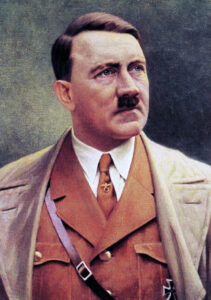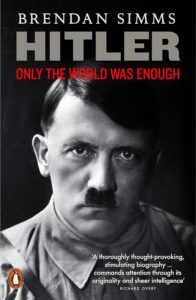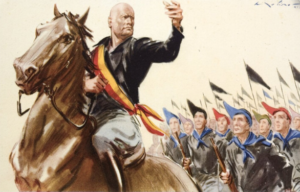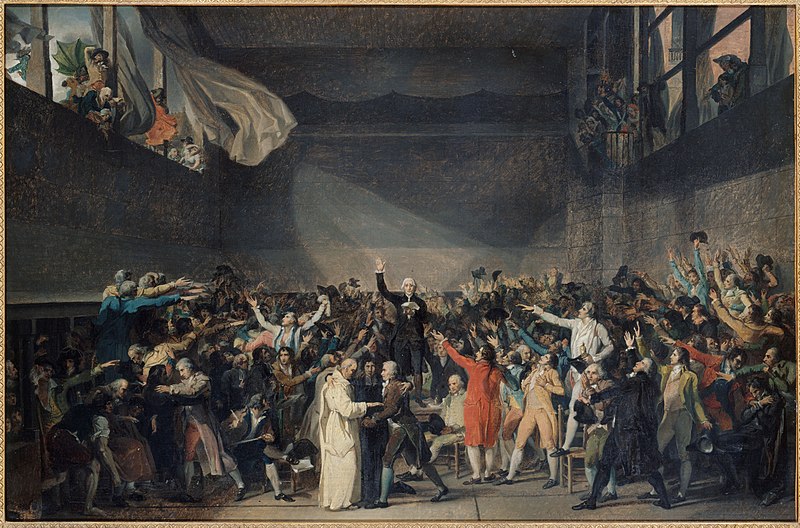In mid April 1923, a massive joint paramilitary exercise was held at the Fröttmaninger Heide near Freimann, followed by a march to the government quarter in Munich. A fortnight later, on May Day, there was a serious confrontation with organized labour at the Oberwiesenfeld. Hitler encouraged this escalation. He personally ordered the Sturmabteilungen not merely to defend their own assemblies, by beating up hecklers, but also to disrupt those of their enemies. Hitler further instructed them to abuse Jews on the streets and in cafes. Rumours abounded that the NSDAP and the nationalist organizations would ‘march on Berlin’, clean out the stables there and establish a government capable of facing down the Entente.
This paragraph from Simms’ book deserves a comment.
Compare this freedom of the nationalists of Weimar Germany with the cancellation of American white supremacists of the 21st century. Stormtroopers—the Antifa—are used in the US to disrupt their peaceful gatherings. Why?
One of the problems I see with the American racial right is that they don’t seem to realise that Germany, for centuries before the Diktat imposed after WW2, was a nobler society than America, perhaps because Lutheranism in its origins was anti-Semitic.
Fritz Hirschfeld was a Jew executed at Auschwitz on 11 October 1944. He wrote the book George Washington and the Jews, which explores the historical relationship between the first American president and the Jews. Washington was the first head of a modern nation to openly recognise Jews as full citizens of the land in which they had chosen to settle. Hirschfeld writes about Washington’s philosophy, which can be summed up in a 1790 speech to the Hebrew Congregation of Newport, Rhode Island, where he said:
May the Children of the Stock of Abraham, who dwell in this land, continue to merit and enjoy the good will of the other inhabitants, while every one shall sit in safety under his own vine and fig tree, and there shall be none to make him afraid.
As we have said many times on this site, one must study the enablers of Jewry’s power rather than the Jews themselves. The latter is done by white nationalist sites whose spearhead on the JQ is The Occidental Observer, but it seems obvious to me that without the silly enablers there would be no ZOG.




